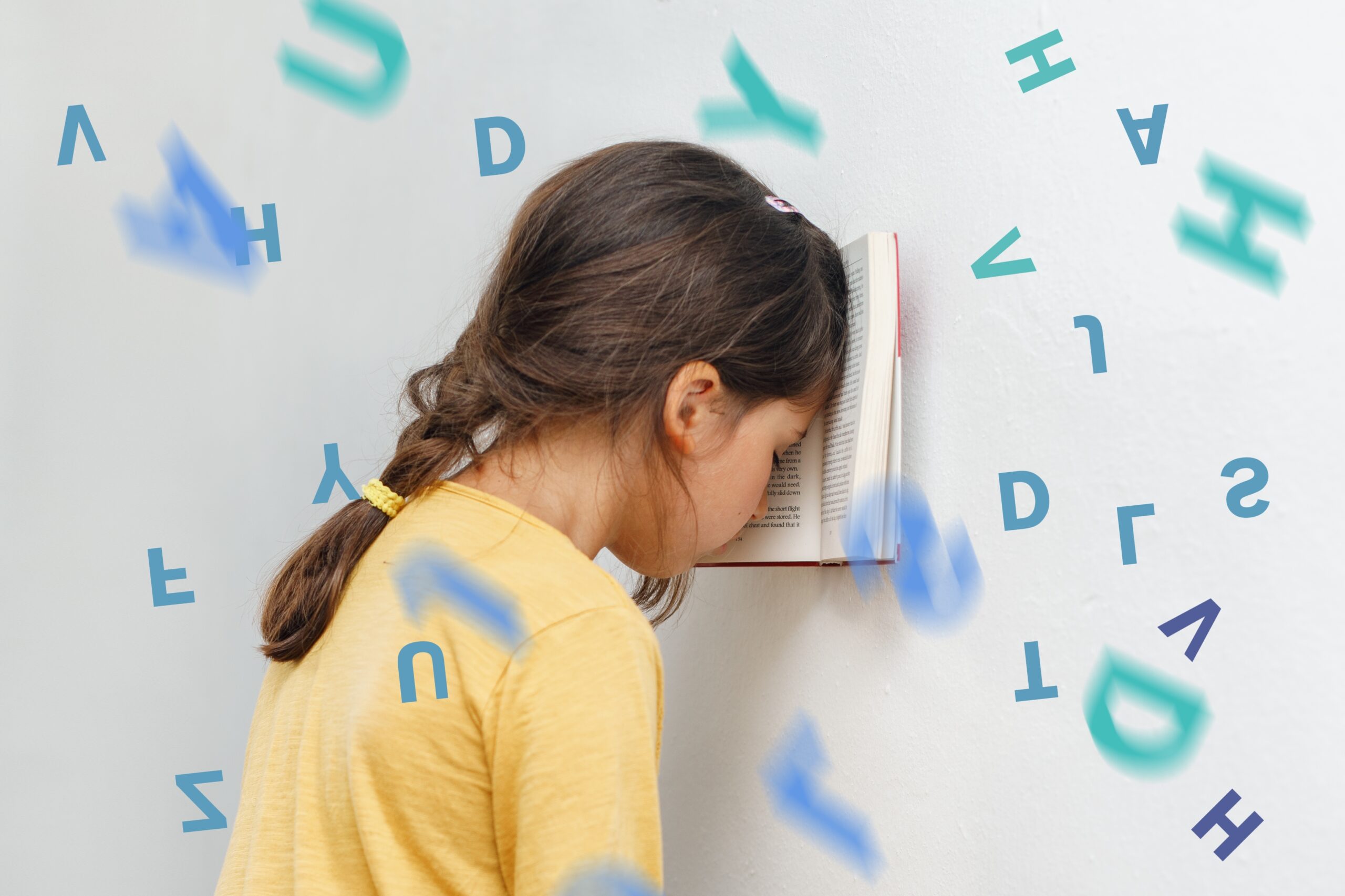Dyslexia in Singapore: Parent & Educator Guide
1. Introduction to Dyslexia in Singapore

Addressing “Dyslexia in Singapore” is crucial, as it affects a considerable number of children with learning challenges. It presents unique challenges in reading, writing, and spelling, often impacting a child’s academic performance and self-esteem. However, understanding dyslexia and employing effective strategies can significantly help children overcome these challenges.
This article helps parents and educators understand dyslexia better. It also gives practical tips and resources in Singapore for managing this learning difficulty.
2. Understanding Dyslexia: A Comprehensive Overview
Dyslexia is a neurodevelopmental disorder that manifests in difficulty with language-based activities, primarily reading and writing. Contrary to common belief, it is not just about jumbling letters or reading backwards. Dyslexia can present in various ways, including difficulties in phonemic awareness, word recognition, and decoding.
Dyslexia does not indicate a lack of intelligence or effort. It just means their brain processes information differently.
3. Early Detection: The Importance of Dyslexia Assessment
Recognizing dyslexia early in a child’s life is crucial for effective intervention. In Singapore, specialized assessments are available to identify dyslexia, often involving a series of standardized tests conducted by qualified professionals. These assessments evaluate a child’s reading, writing, language skills, and cognitive abilities. Early identification enables timely use of specialized teaching methods and interventions tailored to the child’s specific needs.
4. Navigating Dyslexia Diagnosis in Singapore
Upon receiving a diagnosis of dyslexia, many parents may feel overwhelmed or uncertain about the next steps. In Singapore, several support systems and resources are available to assist families. A dyslexia diagnosis is the first step towards understanding the child’s specific learning needs and exploring the appropriate educational accommodations and strategies.
5. Effective Dyslexia Treatment Programs and Therapies
Singapore has different programs and therapies to help children with dyslexia and their different needs. These programs often include individualized educational plans, one-on-one therapy sessions, and specialized classroom instruction. Techniques used in these programs may involve multisensory learning, structured literacy approaches, and phonics-intensive instruction. The aim is to improve reading, writing, and understanding abilities, while boosting the child’s confidence and academic strength.
6. Educational Tools: Dyslexia Spelling Test and Other Resources
Tools and resources like the dyslexia spelling test play a significant role in supporting children with dyslexia. These tools are not only diagnostic but also therapeutic, providing ongoing support and feedback. They have a design that identifies specific areas of difficulty and tracks progress over time.
Besides spelling tests, there are many apps, software, and tools that help kids learn at home and school. They support the child’s learning journey.
7. Supporting Children with Dyslexia: A Guide for Parents and Educators

Supporting a child with dyslexia requires a multifaceted approach. Beyond academic assistance, emotional and psychological support is crucial in building the child’s self-esteem and motivation.
Parents and educators play a pivotal role in this regard. They need to foster a supportive and understanding environment, encourage strengths, and provide consistent and structured learning experiences. Regular communication among parents, educators, and specialists is important for the child’s education and well-being.
8. Conclusion and Further Resources
Understanding and supporting children with dyslexia is an ongoing journey. With the right approach and resources, these children can flourish academically and personally.
For further information and support in Singapore, parents and educators can turn to the Singapore Brain Development Centre. This center has lots of help, advice, and programs for kids with dyslexia, made just for them. Their commitment to providing comprehensive support makes them an invaluable asset for those navigating the challenges of dyslexia.

